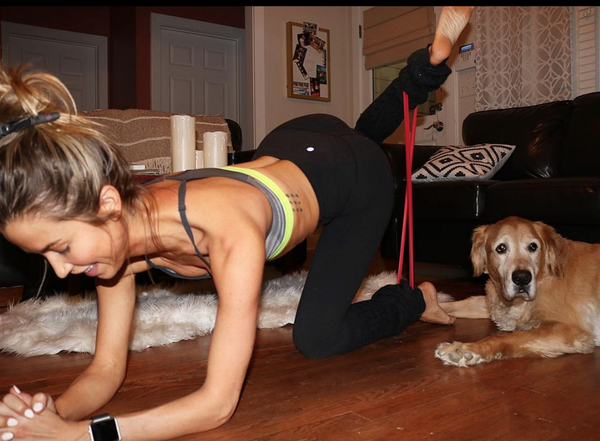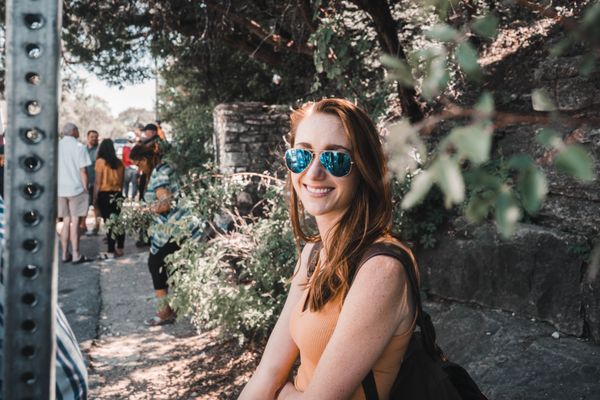Maybe you celebrated Sober October, No Booze November, or even Dry December. Maybe you just wanted to try a couple of months without alcohol to see the benefits it would have on your health and wellness. Or maybe you're one of the 22 million American adults in recovery from addiction.
If the latter is the case, you know how lonely sobriety can be, especially in the beginning. Early recovery can oftentimes mean staying in and away from the many triggers of the outside world. In a society that normalizes drinking as much as we do, being the one person in the room — statistically, the 1 in 10 — that doesn't have a drink in their hand can be a really isolating experience. People are walking around in T-shirts saying "Rose all day" and "Prosecco please" and it almost feels like you're doing the wrong thing for not drinking.
Alcohol is the only drug that we ask people why they're not doing.
But there's a new trend on the horizon that could be changing a lot of that. Central Texas has been home to the creation of "sober bars," your classic dark and dingy club-scene with one key difference: it doesn't serve alcohol.
Paul French, the owner of the Cherokee Recovery Village in Bastrop, Texas, created his sober bar as a way to help sober people socialize as well as a way to help them face their triggers in a healthy way. According to French, a licensed substance abuse counselor and a recovering addict himself, giving people in recovery a taste of the bar scene without the alcohol can better prepare them to return to the scene once they're more secure in their recovery without imbibing.
Finding ways to get out there and meet new people in recovery can be difficult, especially for young people. Outside of AA and NA meetings, there aren't really that many places where you can meet people with similar experiences and connect without the presence of alcohol. Sober bars are giving people in recovery that opportunity and normalizing sobriety.
Leave your "Rose all day" gear at home.



















